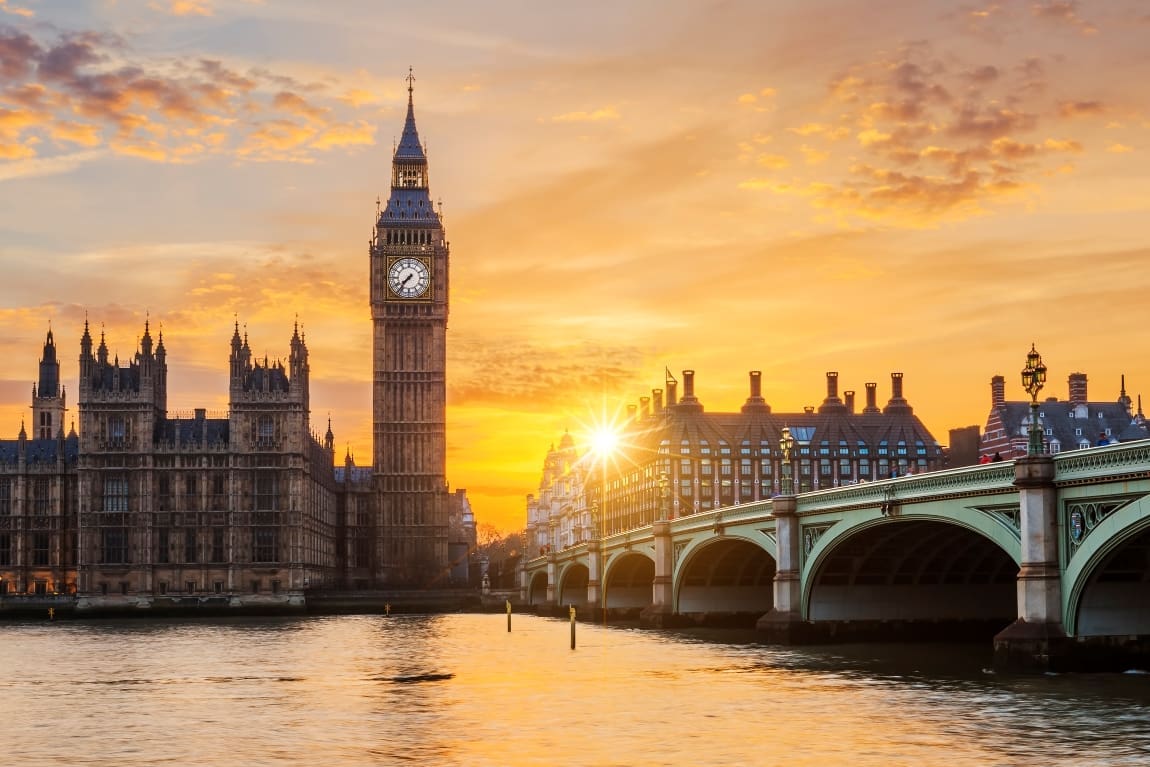By Clara LALANNE | AFP
London, United Kingdom – The British government on Tuesday faced an unprecedented legal challenge for allegedly failing to protect people, property and infrastructure from the likely effects of climate change.
Environmental campaigners Friends of the Earth and two men who say their lives have been affected by rising temperatures began a two-day case at the High Court in London.
The case is the first of its kind in Britain and comes after criticism of the government’s climate change risk management strategy and a landmark European court ruling against the Swiss state.
Friends of the Earth and the co-claimants are arguing that Britain’s National Adaptation Programme to protect against soaring temperatures, flooding or coastal erosion is inadequate and unlawful.
“For the first time in UK legal history, the High Court will have to determine whether the government’s policy to adapt to climate change is lawful, including as to whether our clients’ human rights have been breached,” said lawyer Rowan Smith.
“This is truly a landmark climate change case, which is likely to have far-reaching implications for generations to come.”
The latest National Adaptation Programme (NAP3) dates from July 2023 and has to be renewed every five years.
It sets out the government’s climate adaptation aims, as well as the plans and policies to meet them and protect communities that could be affected.
On the first day of the hearing, lawyer David Wolfe, representing the campaigners, told the court its role was to ensure that the government produces a clear plan in accordance with the law.
The claimants’ lawyers will submit that in drawing up the policy, the Conservative government, defeated earlier this month at a general election, failed to comply with the 2008 Climate Change Act.
The act forms the basis for the UK’s approach to tackling and responding to climate change, requiring that carbon dioxide emissions and other greenhouse gases are cut and risks adapted to.
‘Inadequate’
The independent Climate Change Committee (CCC), which advises the government, has called for the NAP3 to be strengthened without delay, warning in March that it “falls far short of what is required”.
One of the two co-claimants in the case, Kevin Jordan, 71, saw his seaside home demolished on the Norfolk coast in eastern England because of coastal erosion but has never received state compensation.
The other, disability activist Doug Paulley, lives in a care home in northern England and says hotter summers affects his health and puts him at increased risk of serious harm.
Both described NAP3 as “inadequate” and breaches the rights of marginalised groups such as older and disabled people.
In April, the European Court of Human Rights made a historic ruling against Switzerland, deeming it was not doing enough to tackle climate change.
The case was brought by the Elders for Climate Protection — 2,500 women with an average age of 73 — who denounced the “failings of the Swiss authorities” on climate protection that could “seriously harm” their health.
The ruling was seen as potentially forcing other governments to adopt more ambitious climate policies.
In Britain, where in 2022 temperatures topped 40 Celsius (104 Fahrenheit) for the first time, the Tory government rowed back on its climate commitments, including pushing back targets banning the sale of new petrol and diesel cars to 2035.
It also granted new licences for North Sea oil and gas exploration.
The CCC last week urged the new Labour government to act “fast” to put the country back on track to meet its 2030 climate goals.
“Only a third of the emissions reductions required to achieve the 2030 target are currently covered by credible plans,” it said.
Since coming to power, Labour has scrapped a ban on onshore wind power projects, and said approval for a new UK coal mine was an “error of law”.
In a statement to AFP, the government said it would “ensure that the UK is prepared for changes by strengthening resilience across government and local communities.
“We will waste no time in delivering on this by improving the durability of our infrastructure, enhancing protections against flooding and planting millions of trees all while turbocharging green growth” the Department for Environment, Food and Rural affairs statement said.
cla/har/phz/gv
© Agence France-Presse
Featured image credit: vwalakte | Freepik




